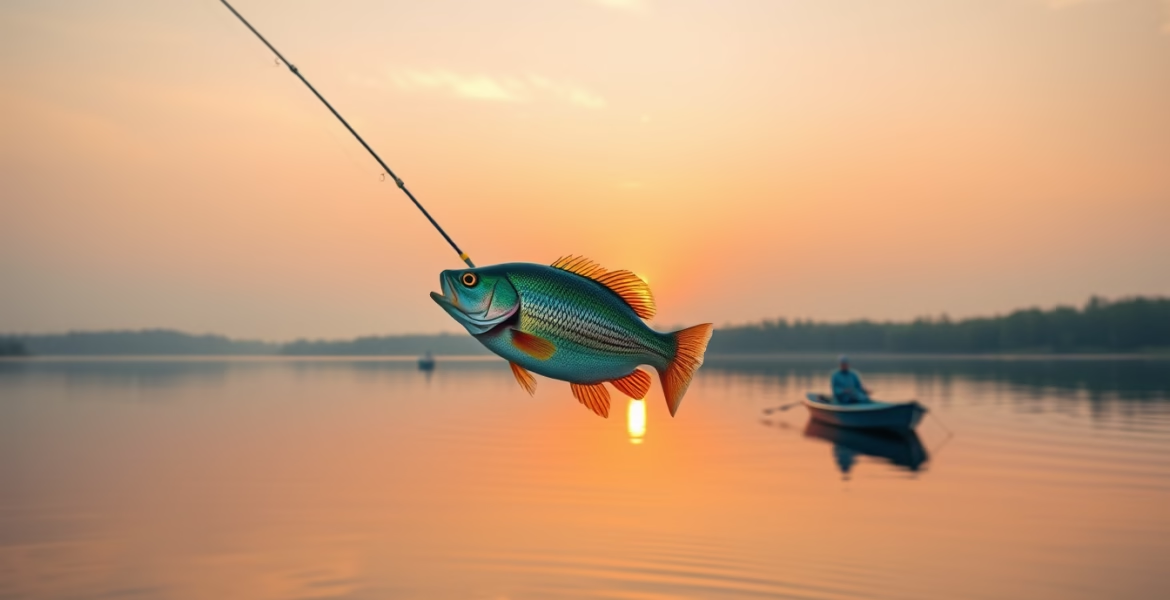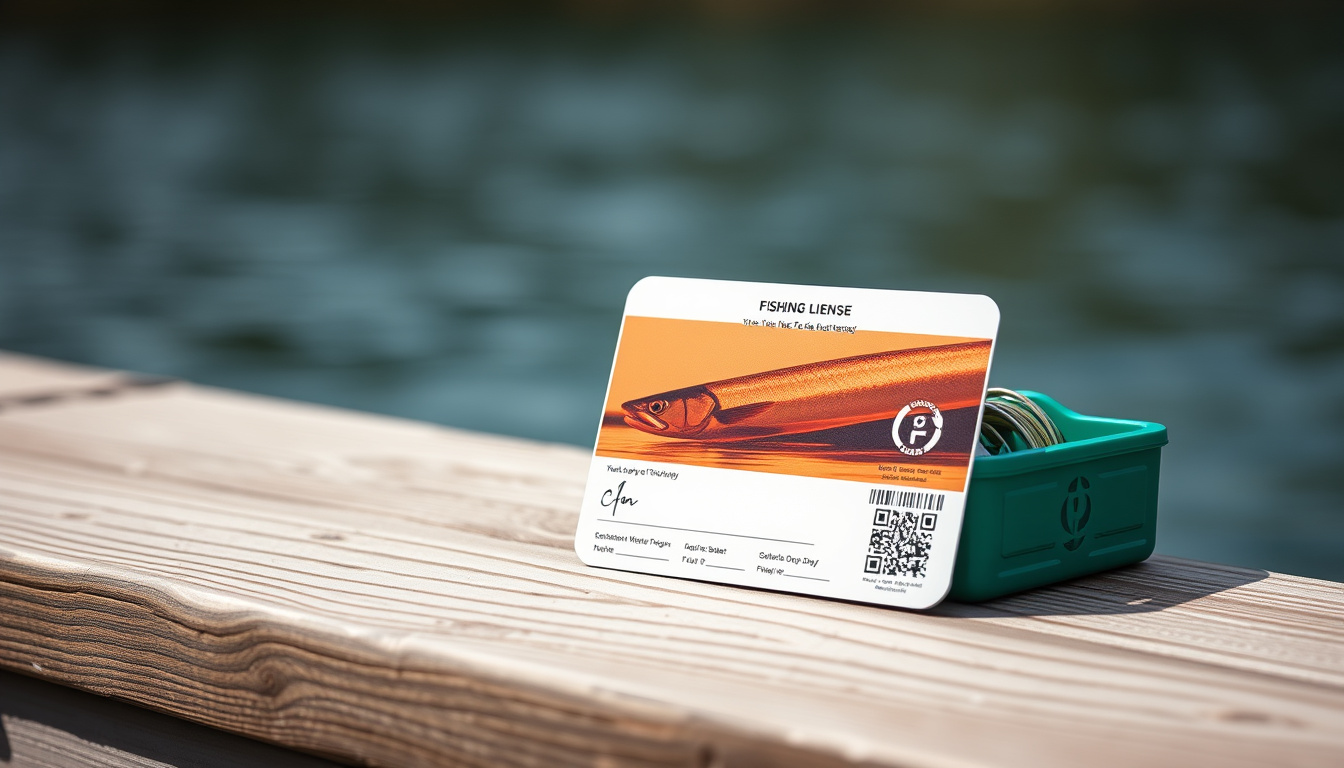
Fishing Licenses: Essential Tips for Keeping Your Fishing Legal and Fun
On July 12, 2025 by Andy FordFishing stands as a pastime many love around the world. Millions find calm and a spark of adventure as they cast their lines. Anglers feel a deep bond with nature when they fish. Still, many lands require a permit to fish. A fishing permit keeps the act fair and fun for everyone. In this text, we explore what fishing permits are, why they count, and how to get one. We also share key tips to stay within the rules and boost your fishing days.
What Are Fishing Licenses and Why Are They Important?
A fishing permit is a paper or digital pass given by the state. It lets a person fish in set waters for a set time. The state uses fees from permits to care for rivers, lakes, and seas. Money from fees helps keep fish habitats in good shape. When you pay for a permit, you help pay for fish stocking, ecosystem checks, and rule enforcement.
You risk fines and stops on fishing if you do not have a permit. A valid permit also guides you to fish in a way that keeps the fish safe for long-term trips.
Who Needs a Fishing License?
Most people who are 16 years old or older must have a permit to fish in public waters such as lakes, rivers, or shores. Rules can change with where you are. Some areas set special days or rules for these groups:
- Kids below a set age (often under 16)
- People 65 or older
- Local residents with disabilities
- Those who served in the military
- People in guided fishing events
Check local rules to know if a permit is needed or if you can get an exception.
How to Obtain a Fishing License
Now, a permit is easier to get than before. You can choose one of these ways:
- Online: A state web page lets you choose the type, span, and cost with a few clicks. A copy of your permit shows up immediately.
- Retail Stores: Many outdoor shops, bait stores, and state offices sell permits. Here, you can ask if you have any questions.
- Phone: In some areas, you can call a fee line and order a permit over the phone.
- Mobile Apps: Some states let you buy and save your permit on your phone.
Always check that your permit fits your plans. Some cover water that is fresh only. Others cover saltwater or both.
Types of Fishing Licenses
Fishing permits share many forms. They change with how often you fish or what you plan to do. They include:
- Annual License: Works for a year. Good for anglers who fish a lot.
- Short-Term or Temporary License: Lasts for a few days or weeks. Best for trips or short visits.
- Lifetime License: A one-time fee gives you rights for life. This one is steep but ideal for true fans.
- Combination Licenses: Let you fish and hunt with one pass.
Review the cost and dates when you buy. Always keep your permit near you when you fish.

Essential Tips for Keeping Fishing Legal and Fair
These tips keep your fishing fun and law-abiding:
- Always have your permit on you. Have a digital or paper copy when you fish.
- Read local fishing rules. Look at size, number, and time limits. Not knowing a rule is not an excuse.
- Renew on time. Mark your permit’s end date so you do not fish without one.
- Skip protected fish. Some fish need special care and passes.
- Tell the state of wrong fishing if you see it.
- Fish with care. Let small fish go and handle them softly to give them a chance later.
Benefits of Having a Fishing License Beyond Legality
A permit does more than make your fishing legal. It adds good value. A permit:
- Helps state work: Money helps restock fish and watch over water.
- Opens doors: Some permits give entry to rare water spots.
- Shares tips: Permit holders can get hints, news on rules, and local ideas.
- Joins groups: You become part of a community that loves safe and fair fishing.
FAQ: Fishing Licenses Explained
Q1: Can I fish without a permit on private land?
A1: On private land, you must ask the owner first. Rules differ, so check local law to be sure.
Q2: What occurs if I fish without a permit?
A2: Fines, gear loss, and some legal steps may follow if you fish without a permit.
Q3: How much does a fishing permit cost?
A3: Costs change with where you live, the type, and how long it is good for. In the U.S., a yearly freshwater permit is often between $15 and $50. Short permits may cost less.
Conclusion: Get Licensed and Enjoy Responsible Fishing
Fishing permits help keep water life safe and fair. They let more people fish while caring for nature. With a valid permit, you help uphold rules that let fish thrive. Get your permit through your local agency, online, or by phone. This step keeps you safe from fines and helps you enjoy every cast.
For more details on getting a permit and local rules, visit the U.S. Fish and Wildlife Service website or your local state agency.
Get your permit now and make each cast count—fish with care, follow the law, and enjoy every moment!

Leave a Reply